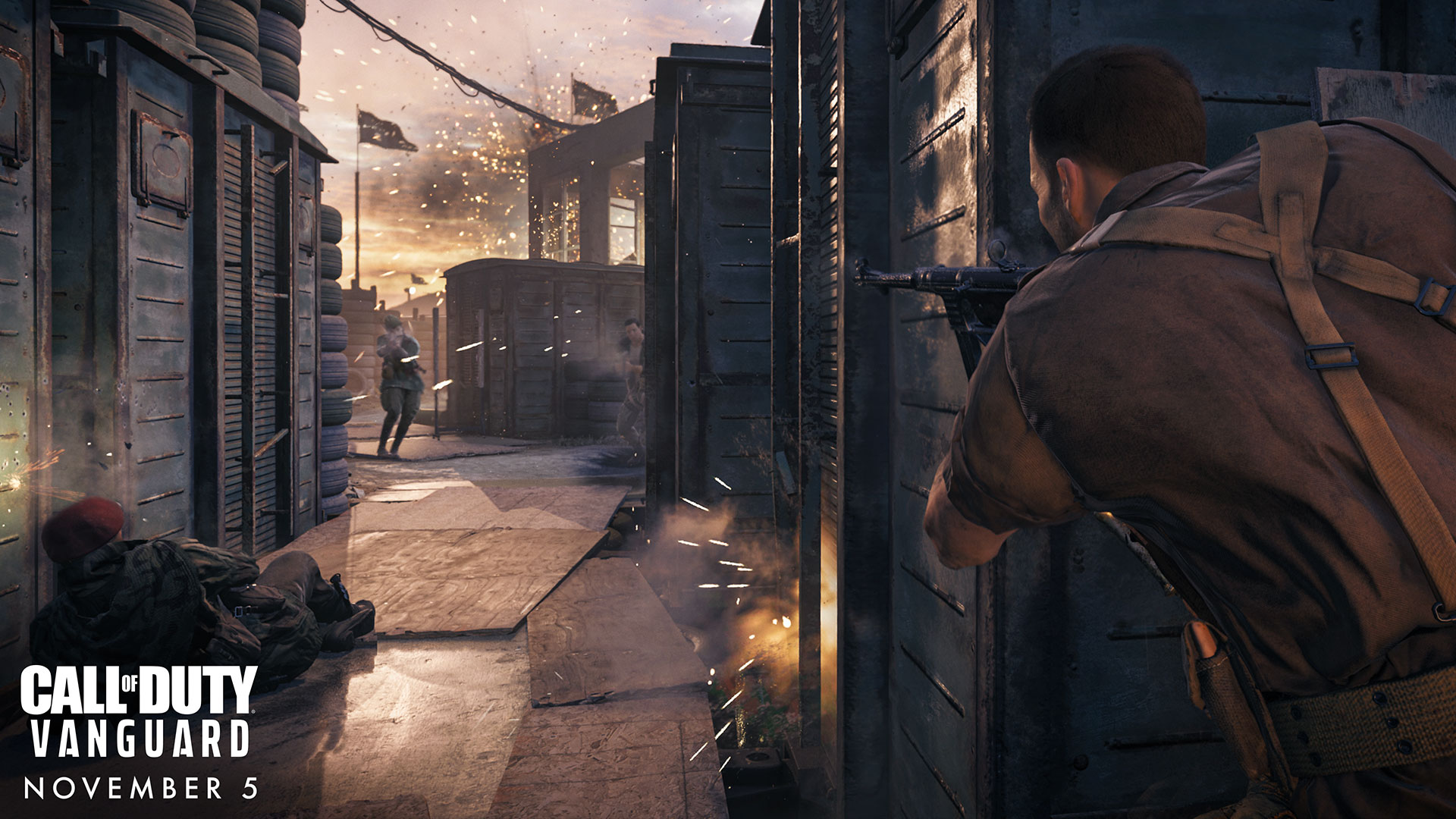
I had this love, hate, love relationship with the Call of Duty: Vanguard Alpha. I don't think that I'm the only one to experience such a cyclone of emotion in the proving grounds of Champion Hill, the multi-arena survival tournament engineered by incoming developer Sledgehammer Games.
Okay, I know I'm not the only one that feels this way. Over the weekend I was able to drag squad mates from Call of Duty: Warzone into the PlayStation technical test and, one by one, each would have an almost identical, quite visceral, reaction to the close-quarters combat and unforgiving cadence to the Call of Duty: Vanguard Champion Hill gunfights. That's what a year of crawling across Verdansk and battling against Black Ops Cold War will do to you, I suppose. Anyway, let's process this web of Call of Duty emotions together.
Love
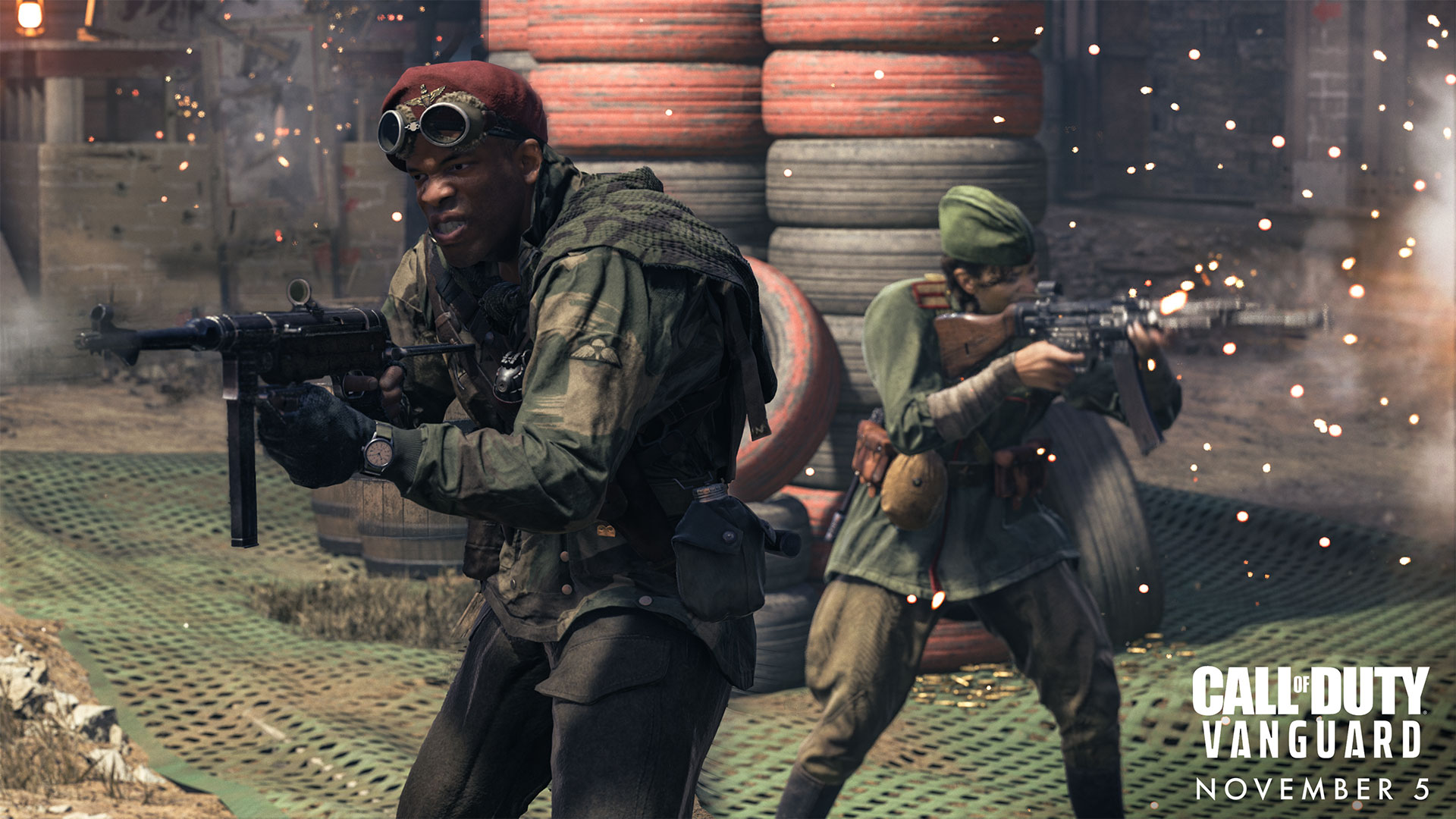
Champion Hill makes a good first impression. Call of Duty: Vanguard is being built in Infinity Ward's IW Engine, last utilised for 2019's stunning Modern Warfare reboot, and the 2021 instalment to the series is similarly impressive. Even with the Call of Duty: Vanguard Alpha representing a work-in-progress, the environments feel dense and suffocating, the dance between light and shadow is astounding, movement feels heavy and purposeful, and weapon handling requires a deft touch to land your shots. It's a breath of fresh air following Treyarch's somewhat muted, weightless effort with Black Ops Cold War.
The setup to Champion Hill is equally invigorating. It's a sort of twist on Modern Warfare's Gunfight, pushing eight squads of two players to battle it out simultaneously in a Round-Robin team deathmatch across four intimate maps. Your team shares a pool of 12 lives and once they're expended, you're out of the game. Last squad standing wins.
The first round of a new Call of Duty always hits different. If you're anything like me, you likely pour hundreds of hours into the year's entry to the series and find yourself staring down the barrel of burnout by the end of the cycle. Getting into a new Call of Duty – be it in Alpha, Beta, or at release – is always exciting. Then the bullets start flying, splintering through wood and ripping through your reserve of armor and HP as youths shout obscenities over open comms – and that's where hate seeps into the picture.
Hate
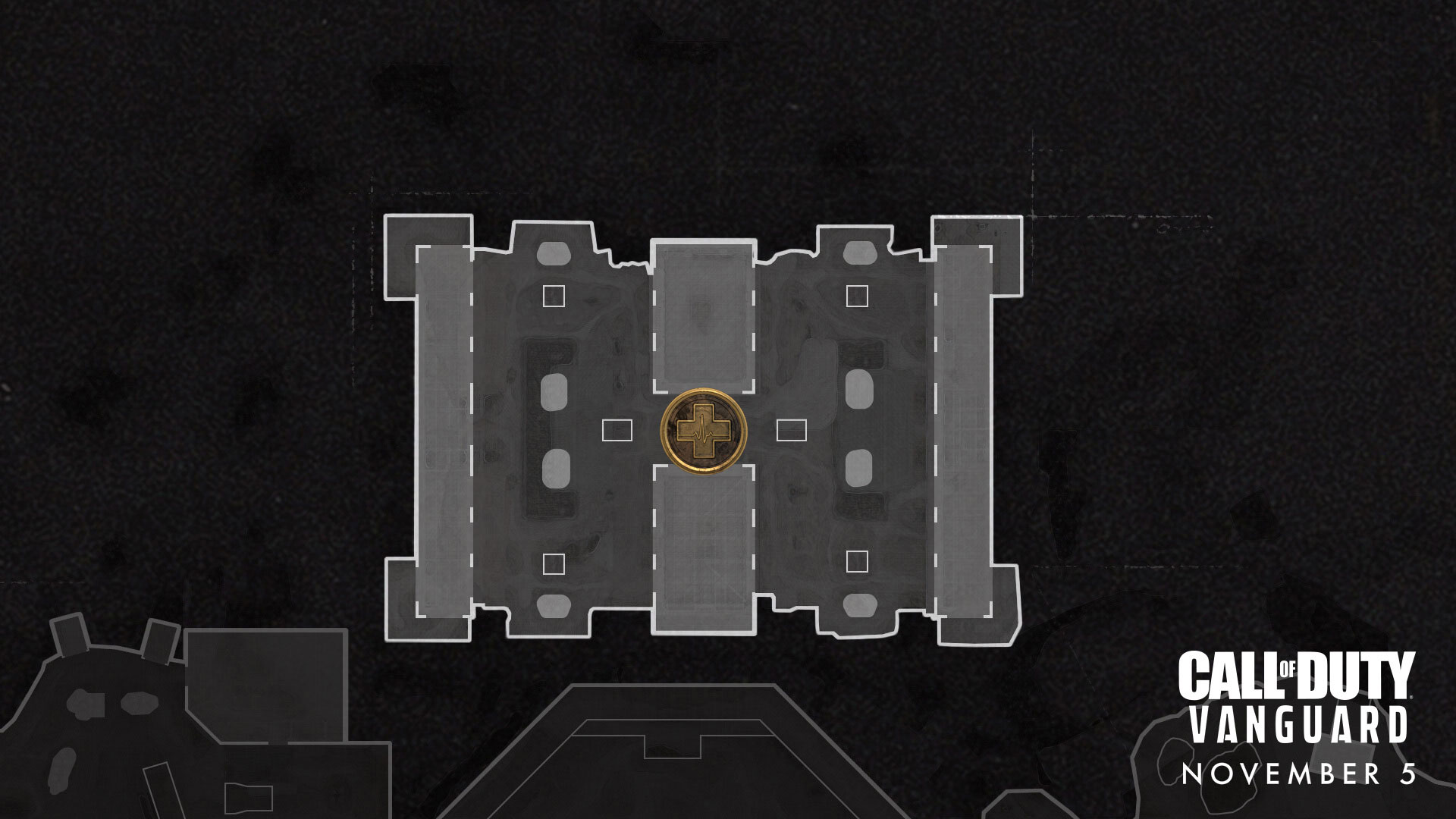
"Let's just go back to Warzone," is a sentence that every one of my squadmates offered after a disastrous first game of Champion Hill. It's a brutal dance of death, 60-second deathmatches that are as much about damage mitigation as they are searching for victory. Those 12 lives that you start out with, which persist between rounds, can be burned through in seconds. While it is possible to earn enough cash to replenish lives from a central buy station during combat intermissions – bundles of money can be found on the ground or are awarded by utterly decimating a rival team – getting back to full strength is far easier said than done.
Combat rounds can feel impenetrable in the beginning and it's easy to long for the easy-kill-thrills of Rebirth Resurgence or long sight-lines offered up in Verdansk. Call of Duty: Vanguard has a time-to-kill that aligns with my memory of Modern Warfare and it's difficult to slip back into that, particularly with every death inching you one step closer to being ejected from the tournament.
Sign up to the GamesRadar+ Newsletter
Weekly digests, tales from the communities you love, and more
"Combat rounds can feel impenetrable and it's easy to long for the easy-kill-thrills of Rebirth Resurgence"
The problem here is two-fold. Firstly, Vanguard is quick to punish; bullets penetrate the wooden points of cover with ease, recoil on the starting weapons (MP-40 and M1942) can be difficult to wrestle under control, and guns purchased during the Buy round like the KAR98, BAR, and STG44 can rip shreds through HP in seconds. Nailing headshots is essential, as too is reining in movement, jumping, and sliding – it feels foreign after Call of Duty's most recent flirtation with '80s action theatrics.
Sledgehammer has already pledged to address some of the broader problems of the Alpha via in-game patch notes – audio and visual glitches, map visibility and spawn tuning, problems with hit detection, and so the list goes on. These types of problems are the reason these types of technical tests exist. Less clear is how the studio will signpost Champion Hill's weapon rarity, with each of the weapons coming equipped with a unique 'upgrade path' that can bring it to a 10 attachment limit and introduce punishing perks and ammo types. It's here where the hate creeps in. But if you can convince your partner to stick it out in the firing line with you, everything changes.
Love
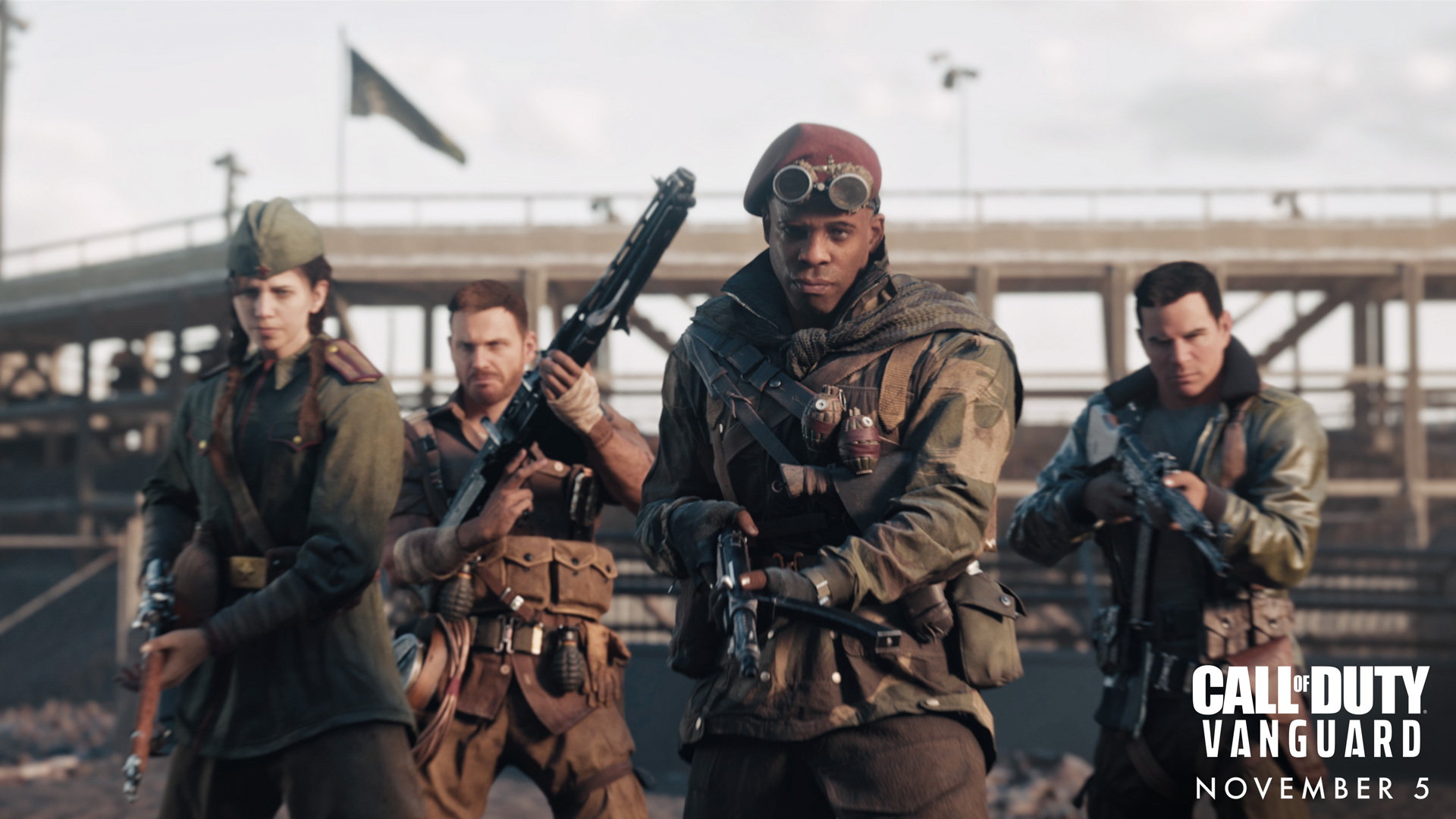
I couldn't tell you how many games it took for Champion Hill to click, but when it did, I hoped the Alpha would never end. Call of Duty: Vanguard is a hell of a lot of fun once you settle into its rhythm. Instead of wasting money on perks and new weapons, my squad started co-ordinating on purchases and weapon upgrades – you can't share cash, so this is essential. We weren't immediately rushing for early kills in the Market, Trainyard, and Airstrip maps, but carefully rooting ourselves in position on a flank – Vanguard punishes the impatient.
The feeling of obliterating a team's reserve of lives is exhilarating, fighting against the clock to knock a team out entirely even more so – something the game celebrates by launching fireworks from a central staging area that holds the buy stations and any lingering spectators, heard across all four maps that sit around it, running in real-time. Even Courtyard, the worst of the four maps, a symmetrically-designed space that stands almost entirely open by the end of a game of Conquest Hill as all of its points of cover are perishable, became a delicate game of cat and mouse once we started to get our heads around Vanguard's heavier movement and demanding aiming patterns.
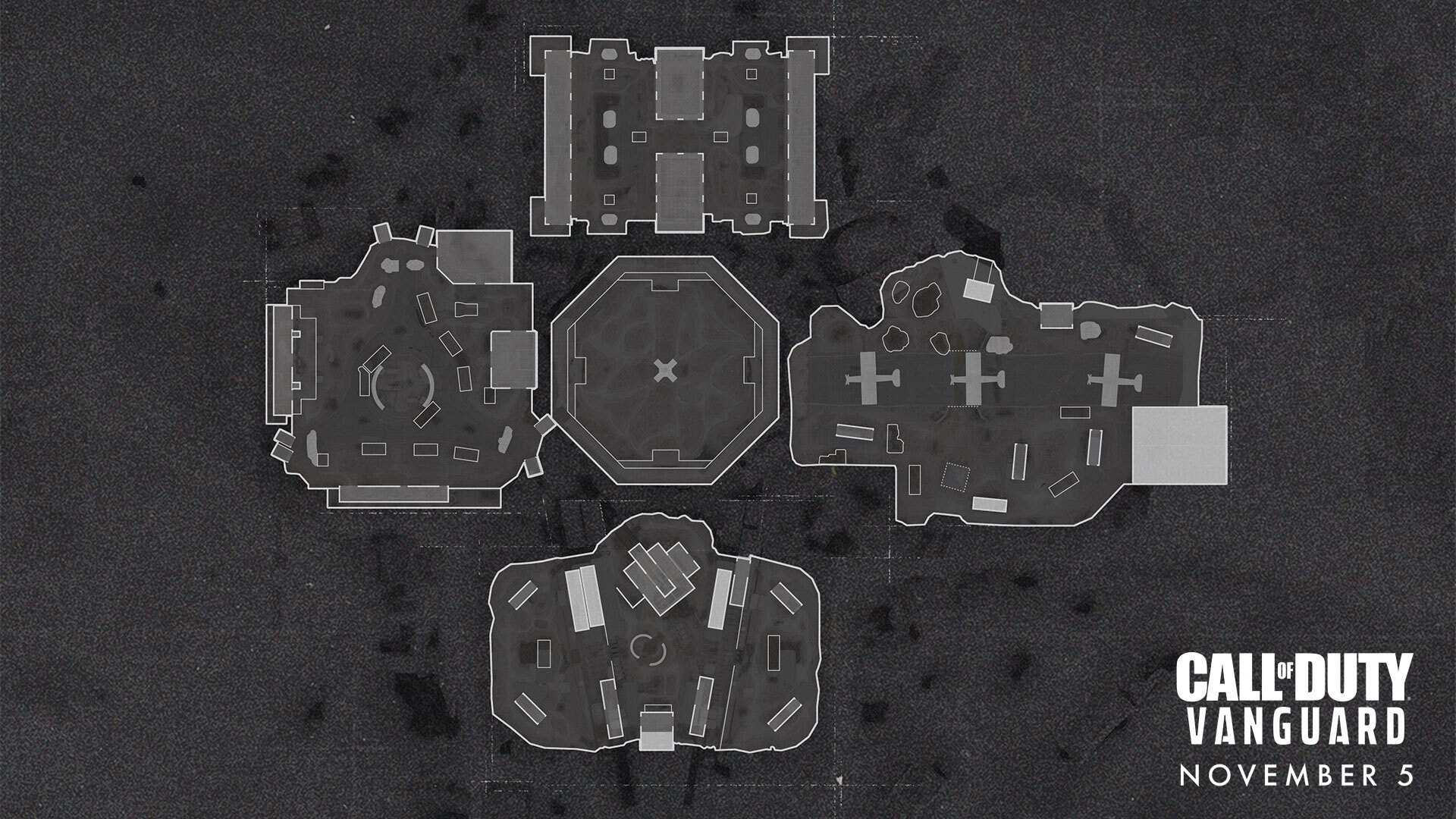
Truthfully, Champion Hill feels far more unforgiving than Gunfight. There's a degree of unpredictability to weapon selection and money spending that works to upend the balance, but even the most equipped teams can turn the tide if they fight carefully and communicate clearly. Hell, some games – where just a handful of teams remained, each with just two or three lives between them – we decided to wait the games out in hiding, having already been destroyed by the team in an early round we wanted to take our chances against another. Those 60 seconds can be intense, hoping that the soldier stomping around with a flamethrower or Juggernaut suit never spots you – honestly, I hope Sledgehammer walks back its intention to improve nameplate visibility in the final build.
I'm not going to sit here and tell you that winning a game of Champion Hill feels as exhilarating as getting out of Verdansk alive, but it's close. The mode feels like a real war of attrition, where victory must be earned through hard work and tough decisions; if Sledgehammer can further balance out the maps and weapon upgrades, and provide a more consistent firing experience, Champion Hill could be the standout Call of Duty mode in Vanguard.
This isn't Sledgehammer Games' first attempt to bring World War 2 to life as a video game. There's a lot of lessons Sledgehammer can learn from Call of Duty: WW2 ahead of Call of Duty: Vanguard.

Josh West is the Editor-in-Chief of GamesRadar+. He has over 15 years experience in online and print journalism, and holds a BA (Hons) in Journalism and Feature Writing. Prior to starting his current position, Josh has served as GR+'s Features Editor and Deputy Editor of games™ magazine, and has freelanced for numerous publications including 3D Artist, Edge magazine, iCreate, Metal Hammer, Play, Retro Gamer, and SFX. Additionally, he has appeared on the BBC and ITV to provide expert comment, written for Scholastic books, edited a book for Hachette, and worked as the Assistant Producer of the Future Games Show. In his spare time, Josh likes to play bass guitar and video games. Years ago, he was in a few movies and TV shows that you've definitely seen but will never be able to spot him in.


